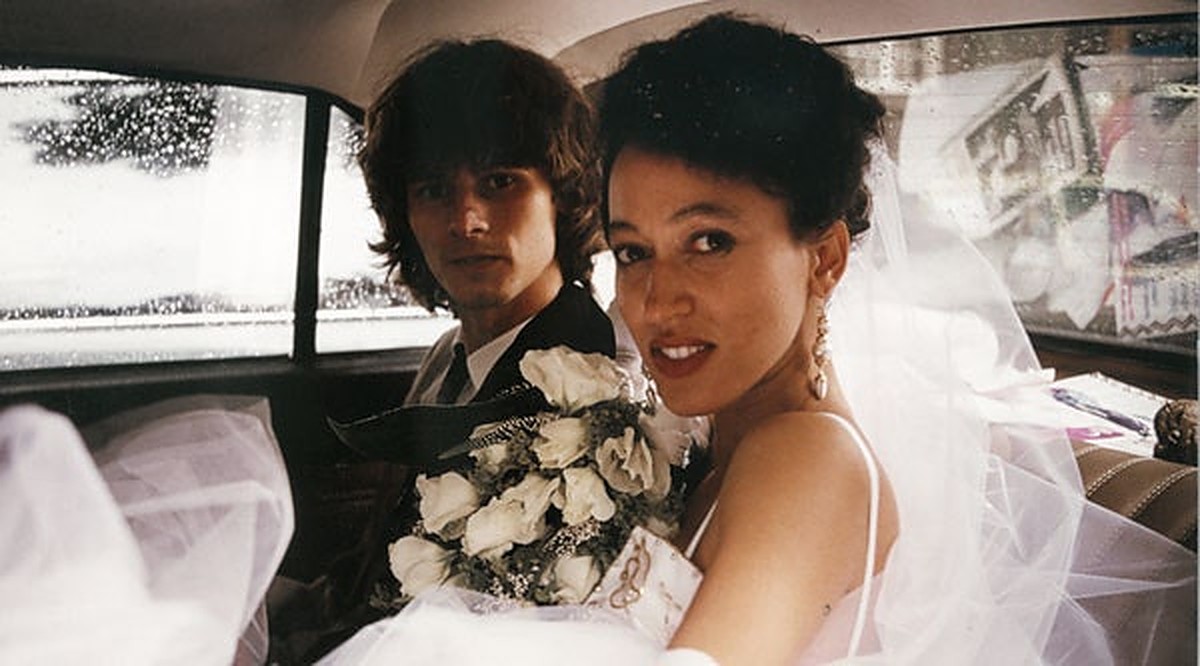“My mother and father have always kept their relationship private,” my friend once told me. “The family is more private in our culture, and it is considered inappropriate to ask parents questions about their relationship.”
This was the first time for me to notice such stark differences in how cultures perceive marriage and family life. A Pakistani wedding is known for being a loud, colorful and vibrant celebration, yet it isn’t just the wedding ceremony that is culturally different, but also the beliefs, the traditions and the customs in a marriage.
Regardless of where you come from, marriage and family life has always been difficult to manage. Sometimes, however, there are local cultural ideas that can be rewired or replaced with different cultural practices from around the world to see marriage in a totally new light.
In Egypt, marriage is seen through many different lenses, mostly of responsibility, children and caregiving, and romance. But this isn’t the only way to look at marriage. When things get difficult, it is also useful to travel and see how other cultures perceive relationships, and to borrow some lessons or lifestyles from their culture and apply it to our own.
In her book, How to Be Married (What I Learned From Real Women on Five Continents About Surviving My First Really Hard Year of Marriage), Jo Piazza explores how five different cultures perceive marriage. It is, in short, a sum of collective wisdom of what it means to create a marriage, to be married, and to keep and sustain a marriage..
Denmark – Make Your House a Home
Before discussing anything else, the groundwork of any marriage rests on the ability to transform a house – a building with a couple of rooms and furniture – into a real home.
After the wedding day ends, there won’t be another grand parade or banner to congratulate you for entering your new home. You will either create the spirit of home, or you won’t.
In her book, Jo Piazza notes that the first real challenge in her marriage was not taking care of another person, but taking care of herself. After years of living independently or with other roommates, the idea of creating a home never crossed her mind. She either “ate all of her meals at work” or “wrapped bite-sized brownies in napkins” to hide in her purse. Now that she is married, she found herself constantly scrolling through Pinterest or other websites to find home inspiration ideas or homemaking tips.
But, what does homemaking even mean? When she traveled to Denmark, she learned that Danish people are particularly adept at creating a cozy and happy home. Denmark is a place where the concept of household coziness is so ingrained in culture and daily life that they have their own term for it—hygge.
Denmark prioritizes family and quality time over extended hours at work, she says. The difference between Denmark and other countries is that a normal workweek for the Danes averages about thirty-seven hours, and most employees get five weeks of vacation a year. This means that Danes spend more time in their homes than their offices, which is also why the concept of creating a cozy home is so important for them.
“It’s about taking pleasure in gentle and soothing things. Dinner with close friends is hygge. Large family dinners are hygge. It just plays into every aspect of Danish life. It’s about being kind to yourself and those close to you, and that also helps make you a better partner,” the book explains.
India – A Little Thanks Goes a Long Way
In India, what makes a marriage work comes from valuing the simple act of giving thanks. “You need thanks to make a marriage work,” the book says.
But she also learned that gratitude isn’t just a random moment of expressing appreciation, but it is a skill that has to be learned over time.
The book mentions the “thirty-day task” called the Daily Double, where each person has to say something about what their partner does that makes them feel good or improves their day in any way. Not only does this task remind you of the many things you need to be grateful for, but also helps you pay attention to the tiniest details that your partner may be doing to help or support you.
In India, gratitude is a whole way of life – it is about expressing humility, and letting go of your own ego in order to cultivate more bliss and joy for yourself and for others. It’s about genuinely feeling grateful instead of simply talking about it.
Chile – Surrender
For Chileans, the key to a successful marriage is to be able to dance together. Not just to dance literally, but also to dance in harmony in their relationship without having to deal with the conflict of who will lead the other.
According to their belief, couples who dance together tend to feel more emotionally and psychologically connected, and most Chilean couples perform a memorable dance at their own weddings to symbolize the strength of their relationship.
The art of dancing is very much akin to the art of keeping a marriage. Rather than fighting to gain control, one must surrender to be able to move in synchrony and harmony together. Piazza notes that many scientists believe that humans who can dance well together indicate that they are highly committed to each other.
When a partner surrenders, it does not exactly equal submission, but rather managing fragile egos.
“They consistently told me that men’s fragile egos demand a sense of control, and sometimes a wife needs to let her husband think he’s the one calling the shots—even though she’s influencing his behavior and decisions in more subtle ways,” Piazza writes in her book. “It’s an equal sharing of the road. I suspect the best marriages are when you’re both submitting to each other and allowing the other person to feel safest during their most vulnerable moments, and shine at their best.”
Any opinions and viewpoints expressed in this article are exclusively those of the author. They do not reflect the views of the Egyptian Streets’ editorial team. To submit an opinion article, please email [email protected].




Comments (0)